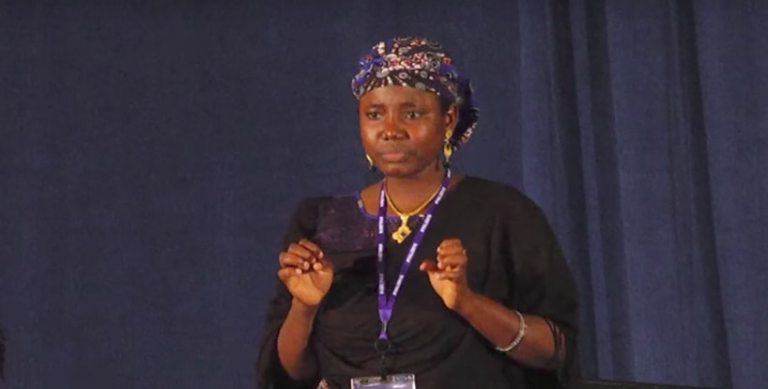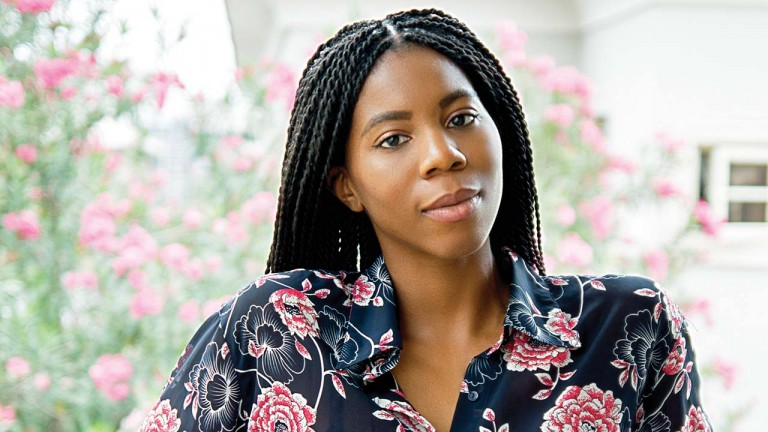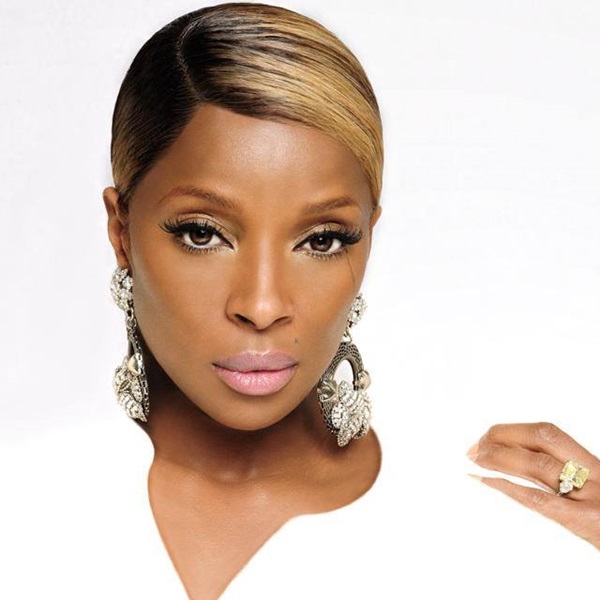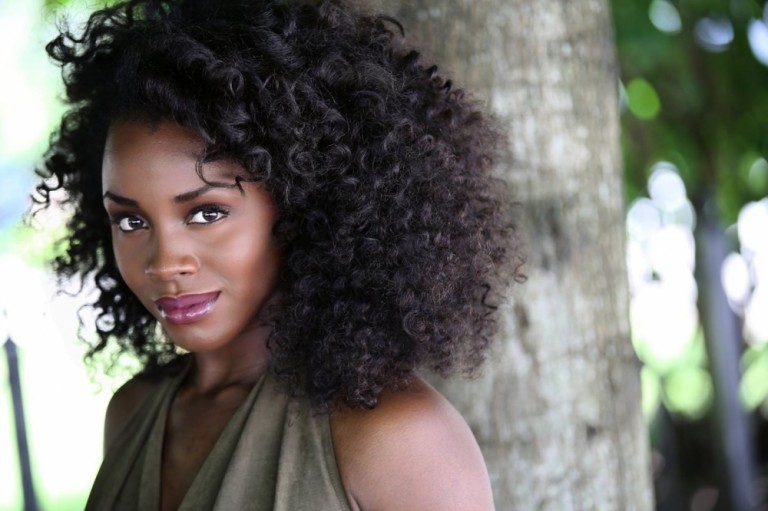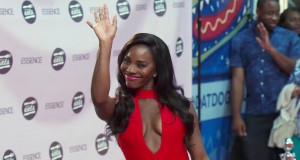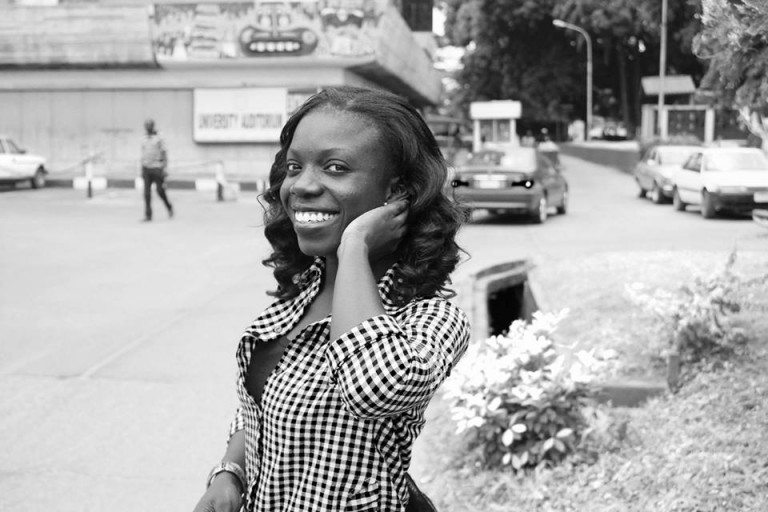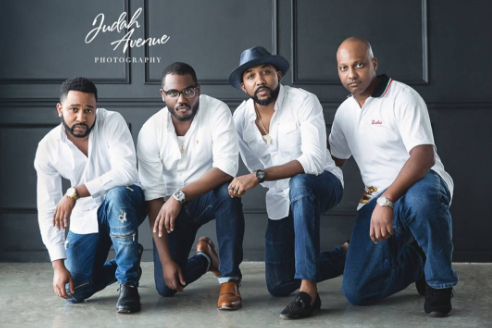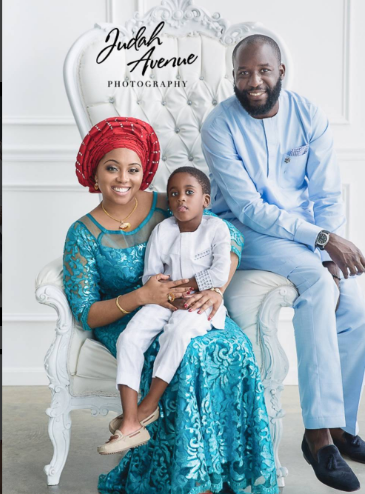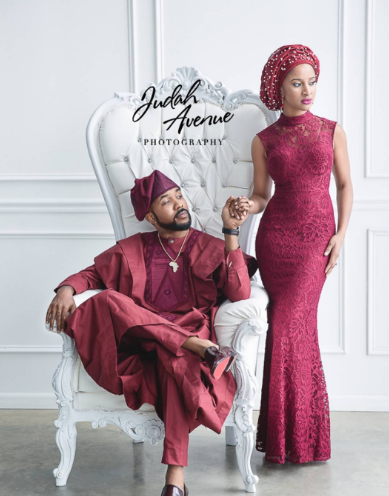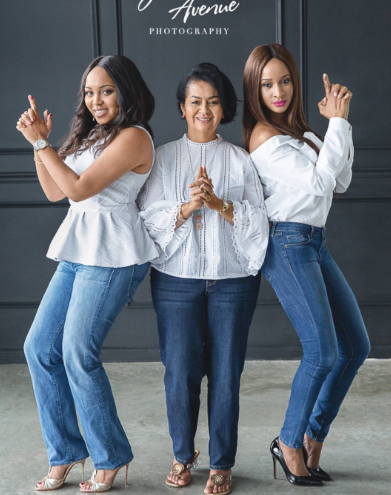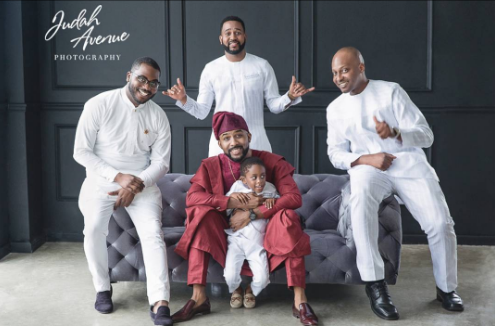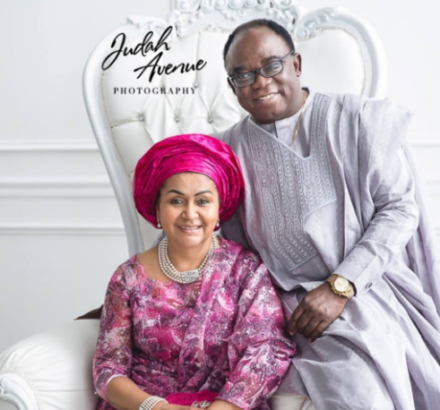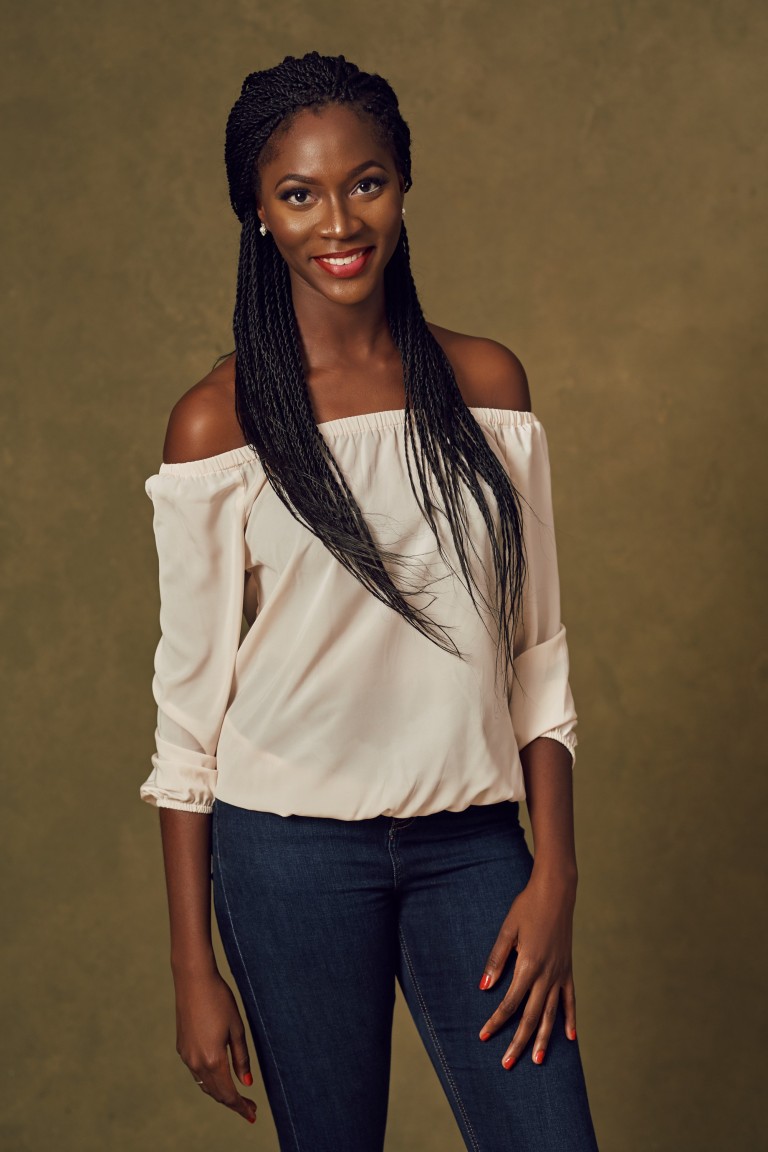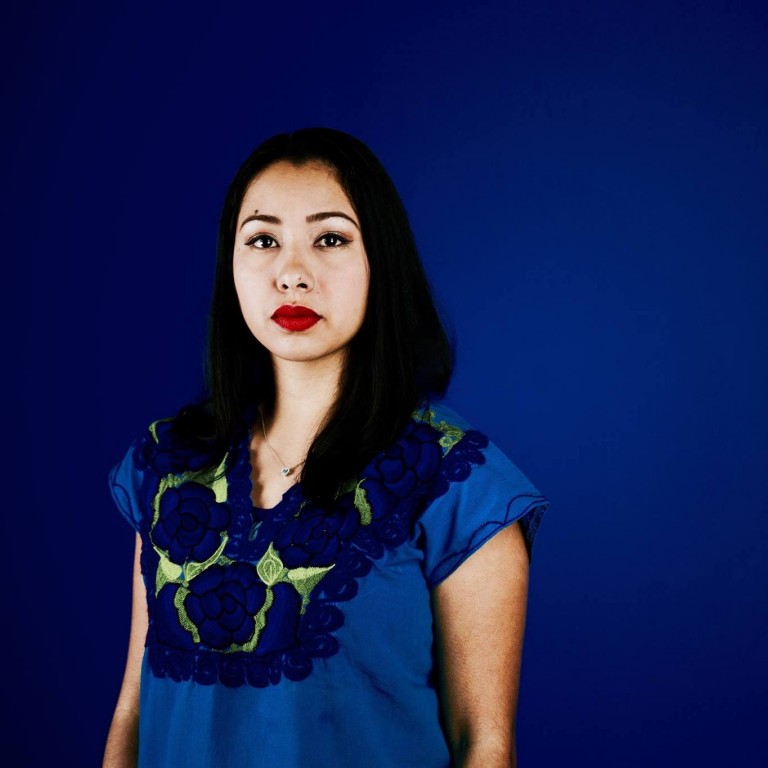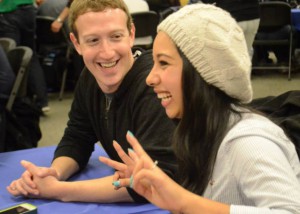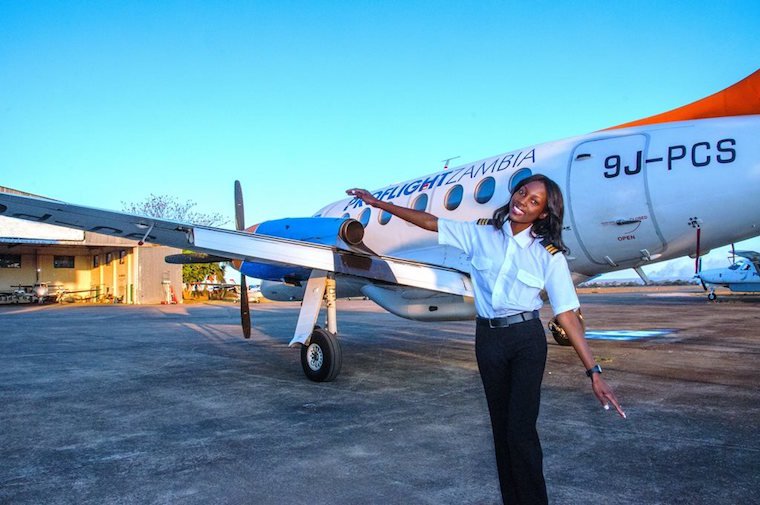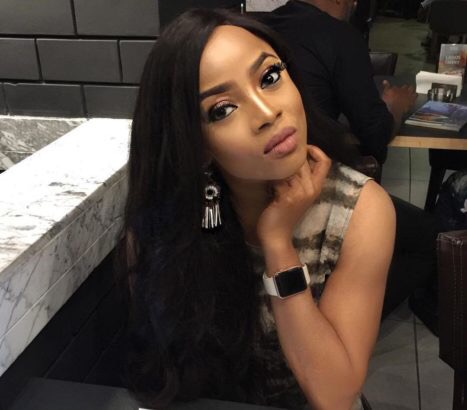Sonia Irabor began her journey with Genevieve Magazine right at its inception. As the teen correspondent, aged 13, Sonia headed the column Teen Zone, which, while a departure from the rest of the content within the magazine, was a very popular section amongst young teens and their parents. However, during her three years at University where she gained a degree in Media, Communications and Society, Sonia didn’t stop her work in the media, switching briefly instead to radio as a presenter and producer on the show, the Urban Lounge. Following her graduation, she began her professional life in PR, coordinating for leading several brands before returning to Genevieve as a columnist with her monthly feature, Here’s The Thing. Not long after her return to the magazine, she became the Assistant Editor and UK correspondent. She pulled double-duty as a PR Professional, freelance and ghostwriter for publications such as Cosmopolitan, Closer and Huffington Post in London by day, while working for the magazine and acting as well.
After 7 years as Assistant Editor, Sonia was recently promoted to Editor of Genevieve Magazine in July and she tells TOBI AWODIPE of her journey to the top, carving a niche for herself as well as her projects for young Nigerian girls.
How would you describe the feeling of becoming the editor of Genevieve magazine, taking over from your mother?
My mother is still the editor in chief, I am just the editor and I haven’t taken over anything (laughing). I have just taken over a few aspects of it and it has been exciting and very daunting. There are a lot of things that I am very excited to be introducing and bringing into the fray.
You started out as a teen writer at the magazine, what has been your journey since then?
Yes, I started out as a teen writer when I was 13 and the column was called Teen Zone. This may sound weird but I like saying it: I have been working for 14 years. It has been a very rewarding journey and it has been such an informant on my character and work ethic. Having a job that young and having the discipline of meeting deadlines and things like that have really shaped my work ethic today. It has been a very enjoyable but sometimes frustrating experience and I think I have learnt more on this job than perhaps I learnt at the university in terms of being a writer and things like that. But at the end of the day, it has been exciting and rewarding.
Some quarters say the magazine needs an infusion of youthful energy.
What do you say to this and how do you intend doing this?
I believe it needs an infusion of different energies. We aim to essentially be the literary best friend to the Nigerian and African woman and in doing so; we have that energy that invites people to read us. We are not trying to, in any way, create a barrier between our readers and us and so our writing definitely tries to invite people in. I think we are a culmination of several years of different experiences and energies and we are paying attention to the way the world, Nigeria is changing and developing and we are responding to that. I think we are doing a good job of speaking to these women: young, middle-aged, older, just connecting and sharing experiences with them.
The average Nigerian and African woman suffers from a lot of patriarchy and violence. How do you intend to connect with these women and speak to these issues?
This is something that is very important to me. I always joke that when I was in England I was a very casual feminist but when I came to Nigeria, I changed into this staunch, loud feminist overnight. I think it is extremely important and I can only hope that with this platform, I engage more with young girls, because this is where we really need to tackle that patriarchal subjugation, when they are younger. With my writing and the people we are collaborating with now, we intend to show these young girls that they are m ore than capable and they are able. We are doing that with our writing, we are engaging and pushing for younger women to read our magazine and be inspired by the women that we feature. Moving forward, we are trying to engage them on a more personal level by inviting young women to intern with us and see the possibilities that exist. There are a lot of projects, still in their early stages, that I am developing, to encourage young women to be bold, unafraid, unabashed, to be female and be proud of that. To see being female as their superpower and not the other way round. I am hoping with the magazine and my personal projects that I am working on, we are able to lift girls up. I strongly believe we have to engage them from when they are much younger because it is at that age that inferiority complex begins to float around in their minds and the feeling of “I cant do this or that because I am a girl.” I always use my mother as an example because when she started this, she was 46 years, which isn’t late at all but for some people, they wondered why she wanted to do that while others tried to dissuade her, saying publishing is not a woman’s industry. Being young and seeing my mum always succeeding because she was unafraid to push has really inspired me. This is something I want to expose to other young girls who may be feeling afraid.
You mentioned personal projects, what are some of these projects and what do they entail?
They are very early stages; these are conversations just being had but one of the things I want to introduce is called ‘emotional dynamics’ and it is basically an avenue through which young people can express themselves and in doing so it becomes an outlet for them. I was talking to a friend recently and we were lamenting about our younger days over how we really didn’t have the opportunity to express ourselves and ended up bottling a lot of things inside, a lot of insecurities. This would be a way for young girls especially to have an avenue they can express themselves, doing absolutely whatever they wanted to. It would be a sort of performing arts-centric project. It is something that has helped me and I feel it can certainly help others as a place they can go where they can be free and unafraid. This is the only one I can talk about at the moment but there are other ones also in early development.
There are several other magazines in the literary space focused on women presently, how do you intend to stand out from the crowd?
First, I always love to hear that there are other magazines or publications celebrating women. There is enough space for all of us. In terms of making ours different, I think, we have been able to tailor our voice to be a specific friend to our readers. We engage them in a way that is formal and personal; we know our readers and are able to speak to them in a way they understand. We are introducing some new sections in the magazine, we have just introduced our travel section and these are ways of showing women that there a plethora of avenues through which they can express, celebrate and create themselves. We are talking to women, telling them ‘you can do it!’ here are other women just like you doing it.
How have you been managing expectations since you became editor?
It’s been very interesting because it wasn’t until I moved back in December that I started to hear comments like, “What is it like to try and fill the shoes of your mother?” and other things that don’t mean to be insensitive but somehow are. I was working on a professional level to meet my own expectations and then I moved back and suddenly, people expected things of me. It’s a new feeling to contend with. It hasn’t been easy and my mother’s shoes are really large to fill, however, I am carving my own journey, creating my path and working to improve my career and self. There is no race to overtake or exceed expectations (this would be nice though) but I think it is a personal journey of creating my path. In doing this, I have been able to keep certain pressures low. My parents are incredible people, however it is important within this Genevieve path to create my own footprint.
Did you always have it at the back of your mind that you were coming back to be the editor of the magazine?
No. Genevieve is one of the things I do, it has always been part of my life but I never really thought I was going to come back and be editor. This has been a 14-year job interview (laughs) though it wasn’t in my immediate plans. I knew I wanted to be very involved but it came as a surprise to me really.
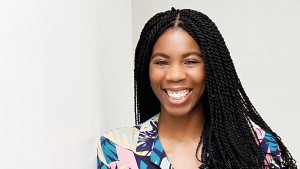
You describe yourself as a writer, actress, producer and now an editor. How do you manage to juggle all these responsibilities without getting weighed down?
To be honest, I don’t think I know myself. I believe I am lucky in the sense that every aspect of everything I do, I love. I am not a very organised person and my time management is poor. Wearing all these different hats has helped me create a rhythm and what is really important is finding a passion and going with it. I’ve been able to keep all these balls in the air and so far, not dropped one. What is important for me is understanding my limits and priorities at all times because you can plan things but life happens to your plans. It is a case of being flexible enough and finding your rhythm so that if anything does come up, I’m able to control myself. I came back with a romanticised idea of how Nigeria is but I have had to quickly adjust those notions. Every morning, I start working from home and I look at the things I need to do and plan my time accordingly.
So, you used to sing. Are we going to be seeing any collaboration in the nearest future?
(Laughing) I used to attempt to sing. As an actress, I used to do a lot of musical theatre in London and that is far as my singing went. I love singing but I wouldn’t be doing it on a very commercial level like that. I would consider open mics and things like that but that is as far as I would go.
What are your plans to transform the magazine?
We intend to revamp our online presence. We have a great following so far but I think we need to work on our voice and the things we are trying to convey because the people who buy our print are slightly different from our online consumers. No matter what we say about print, the digital sphere has really taken off; it is where more and more people get their information. We have introduced new segments to print as well; we started the travel page, Why I Travel where women tell us their travel experiences. We have other new additions where we basically celebrate Nigerian brands in all categories. We are having a great response to the things we have introduced so far and this is very encouraging.
In your opinion, do you think there are enough female-owned businesses?
Not nearly. There could always be more but I am very encouraged by the number of women going after and doing what they love. They’re pushing and destroying the old mindset that women can’t own big, successful business. I remember the first female mechanic I met here in Lagos, Sandra. It was such a novelty for me, it was so beautiful and exciting seeing this woman fixing cars with so muck skill and passion. There definitely can be more female owned businesses in Nigeria but I am encouraged with what I see so far.
Who and what inspire you?
A number of people do. My friends continue to inspire me. I have a friend that started her business while at law school with very little capital and not having a place to live. She juggled all this and today, she has one of the best agencies in the country. I look at her and how hard she works, I look at my friends who have quit their corporate jobs to focus on their passion and they inspire me. Black, female writers inspire me a lot too, pushing back against so many prejudices, working in white, male-dominated industries, daring to push against established status quos. Music, art, my parents and just simple day-to-day things also inspire me.
Since starting as an editor, how has it been for you and what are some of the lessons you have learnt?
It has been a baptism of fire, literally (laughing). I felt like I was thrown in the deep end and told to swim but somehow, I am grateful. When I became editor, I didn’t think much of it but when I started seeing it make news everywhere, I started to panic and this added pressure on me. I think this threw me off a bit and I must say, it has been a crazy month already because my position came at a time we were going through a lot of changes. The work itself is not really the challenge; it is navigating all the other aspects that is a bit difficult and a little frightening for me.
Would you say you have a good team and support around you to help with your vision?
Definitely. I have a great team around me, supporting and partnering with me.
What would you tell young women out there that may want to embark on this journey?
First, don’t ever apologise for who you are. Love who you are and the things that make you different. Strive to understand and listen to yourself, listen to the things you love and the things that make you tick. It is never too early or too late to begin to build. Just start. Start to build on your ideas, on your visions, your dreams no matter who is there telling you that you cant do it or it is not practical or realistic. Begin to build until you get to a point where you can show these set of people (and yourself) that you can do it.
